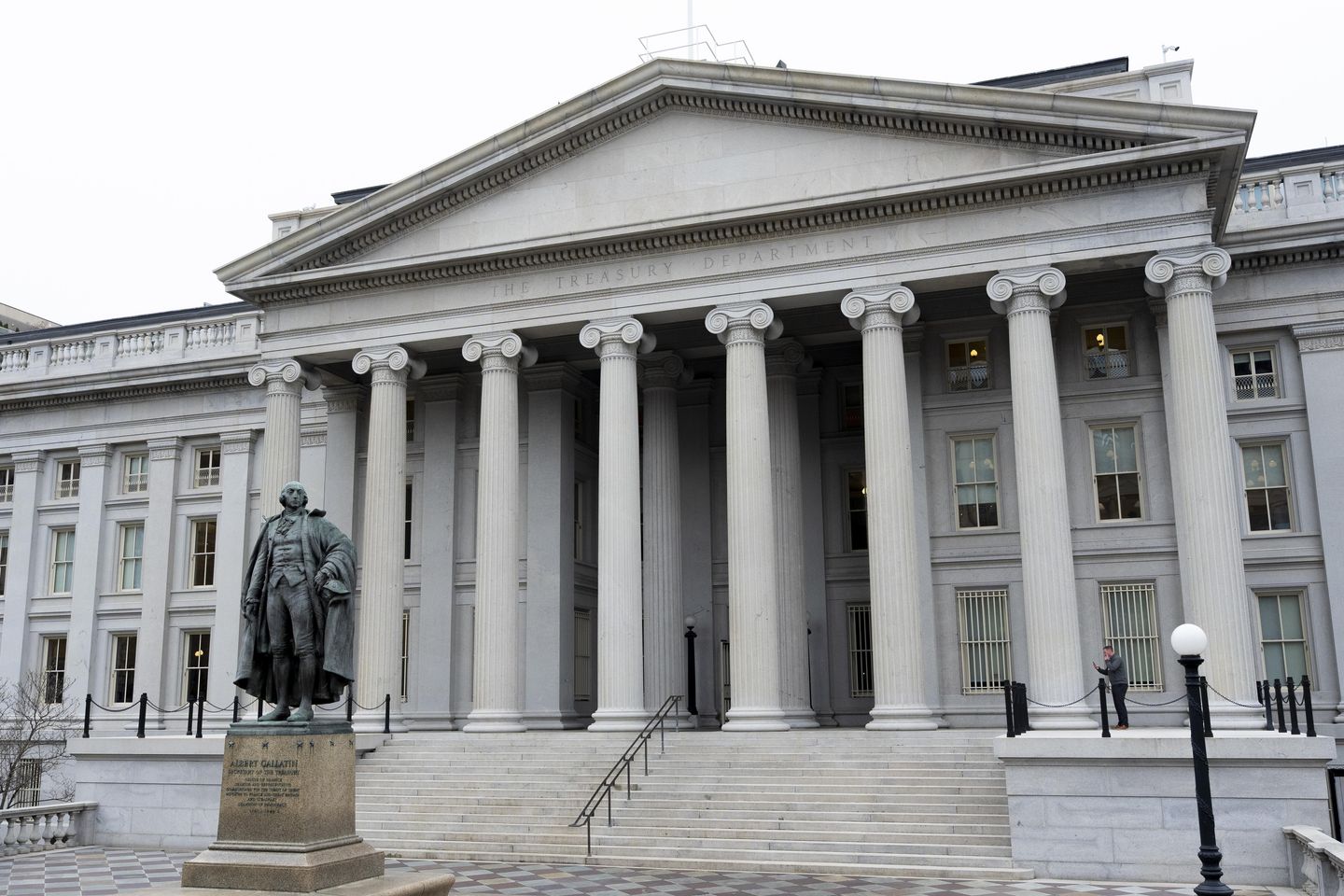
The Treasury Department is sanctioning two Iranian “financial facilitators” along with more than a dozen other individuals and groups that are part of Tehran’s shadow banking network that funds the Islamic Revolutionary Guard Corps’ Quds Force and armed proxies linked to the regime.
Trump administration officials on Tuesday said Iranian nationals Alireza Derakshan and Arash Estaki Aviland coordinated the purchase of more than $100 million worth of cryptocurrency for oil sales for the Iranian government. They used a network of front companies in different countries to transfer the cryptocurrency funds.
Mr. Aviland was also involved in transactions worth millions of dollars with Tawfiq Muhammad Sa’il al-Law, a Hezbollah-associated financial operative who provided the terror group with access to digital wallets to receive funds related to IRGC-QF commodity sales.
Treasury officials said he also handled cryptocurrency on behalf of the Al-Qatirji Co., a Syrian conglomerate that had previously been sanctioned for supporting the IRGC-QF and Iran’s Ministry of Defense Armed Forces Logistics.
“Iranian entities rely on shadow banking networks to evade sanctions and move millions through the international financial system,” Undersecretary of the Treasury for Terrorism and Financial Intelligence John K. Hurley said in a statement.
Investigators said Mr. Derakhshan remains in contact with Ramin Jalalian, an Iranian currency exchanger who was sanctioned last year for providing financial backing to the Iranian military. He is responsible for the day-to-day operations of a group of front companies based in Hong Kong and the United Arab Emirates that back the IRGC-QF.
The order means that all U.S.-based property and business interests of those who have been sanctioned are blocked and must be reported to the Treasury Department’s Office of Foreign Assets Control.
“We will continue to disrupt these key financial streams that fund Iran’s weapons programs and malign activities in the Middle East and beyond,” Mr. Hurley said.
















